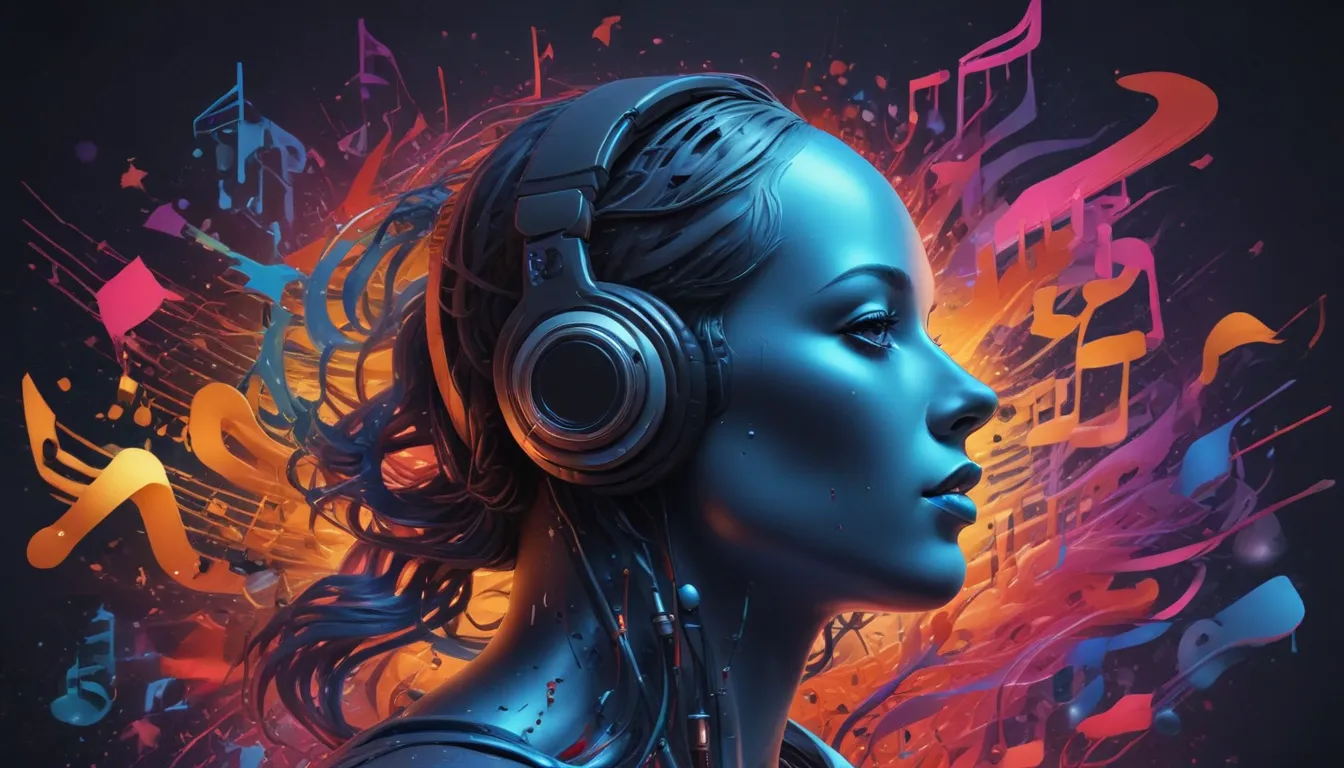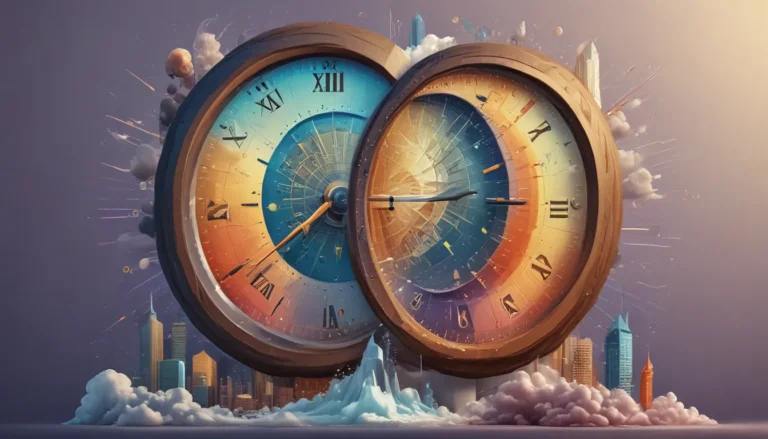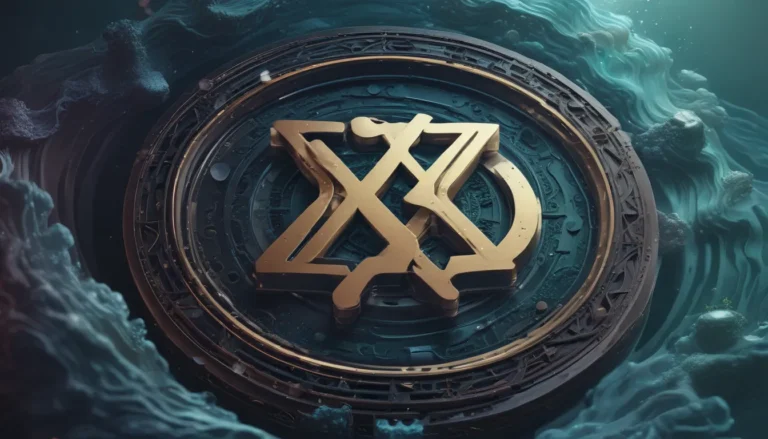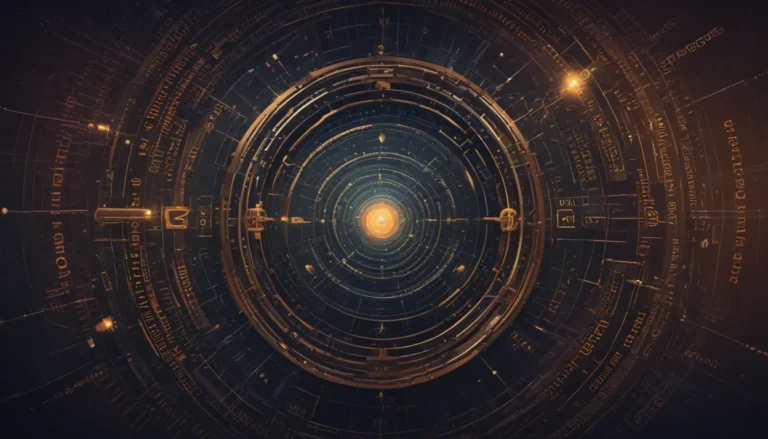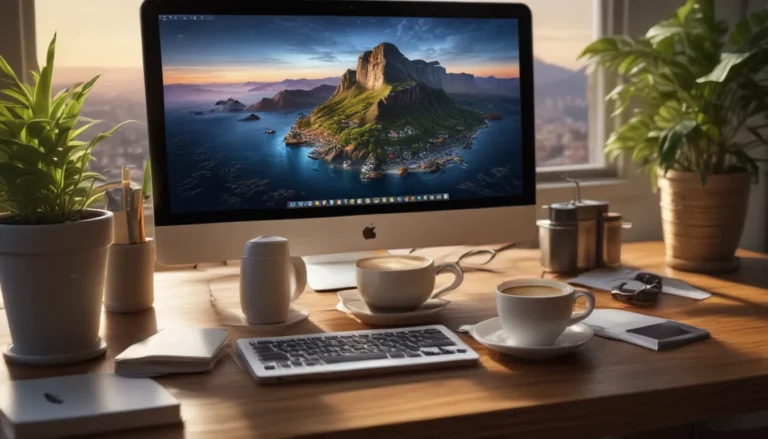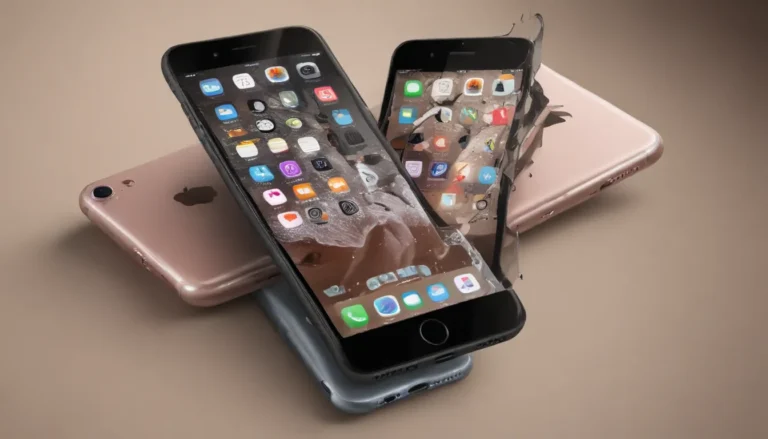A Note About Images: The images used in our articles are for illustration purposes only and may not exactly match the content. They are meant to engage readers, but the text should be relied upon for accurate information.
In a world where technology continues to revolutionize various industries, AI music creation stands out as a remarkable innovation. Utilizing computer algorithms to compose, perform, and distribute music, AI is reshaping how we experience and interact with tunes. From generating entire songs within seconds to adapting music to our moods in real-time, the possibilities of AI in music are truly endless. Whether you’re a music enthusiast or a seasoned musician, delving into the realm of AI music can provide insights into a future where creativity and technology harmonize in fascinating ways. Let’s embark on a journey through the realm of AI music creation, exploring its intricacies and envisioning the incredible transformations it brings to the music industry.
Unraveling the Essence of AI Music
Artificial Intelligence (AI) music signifies the use of computer algorithms to create, interpret, and disseminate music. This groundbreaking technology delves into analyzing musical trends to craft new compositions, replicate artists’ styles, and even forge entirely novel genres. Blurring the boundaries between human creativity and machine learning, AI music offers a glimpse into the future of music creation and consumption.
- AI music creators possess the ability to generate songs rapidly, a process that could take human composers hours or even days to achieve.
- By leveraging vast datasets of music across genres, AI systems produce compositions that often mirror the quality of human-created music.
The Evolution of AI Music Crafting
Creating music through AI involves a series of steps, starting from data collection and culminating in the final output. Initially, algorithms are exposed to extensive musical data, allowing them to discern patterns, harmonies, rhythms, and structures. Subsequently, employing machine learning models, these algorithms generate new musical pieces based on the acquired knowledge.
- A prevalent method for generating AI music involves deep learning, particularly through neural networks that emulate the human brain’s functionality.
- Alongside deep learning, algorithmic composition employs predefined rules and structures to guide the music generation process, furnishing a unique flavor to AI-generated music.
Augmenting Music Production with AI
AI’s influence in music production is expanding, revolutionizing how music is created, discovered, and performed. This transformative technology provides tools that amplify creativity, streamline production workflows, and introduce novel possibilities for artists and producers.
- AI facilitates mixing and mastering tracks, enhancing the efficiency and accessibility of these processes for independent artists.
- The advent of virtual artists, capable of releasing albums and performing autonomously, exemplifies the innovative potential AI holds for the music landscape.
- Streaming platforms harness AI-driven recommendation systems to introduce listeners to new music tailored to their preferences, broadening artists’ exposure.
Ethical Dilemmas and Pivotal Challenges
Amidst the excitement surrounding AI music, ethical quandaries and challenges emerge, necessitating critical deliberation. Concerns pertaining to copyright, originality, and the future role of human musicians in the industry emerge as prominent themes in discussions surrounding AI music.
- Controversies arise on the topic of copyright ownership for AI-generated music, sparking debates on whether the creator of the AI, the user, or the AI itself should hold the rights.
- Debates surrounding the possibility of AI supplanting human artists provoke widespread discourse, with proponents advocating AI as a tool for augmenting human creativity rather than a replacement.
- Emphasizing transparency in AI utilization in music production is essential to ensure listeners are informed when engaging with AI-generated content.
AI’s Influence on Live Music Performances
AI’s impact transcends music production and extends to live performances, revolutionizing the live music landscape through virtual concerts and AI-powered instruments.
- Virtual reality concerts featuring AI-generated music and visuals deliver immersive experiences surpassing traditional performances.
- AI-driven instruments exhibit adaptive capabilities that synchronize with the player’s style in real-time, establishing a unique collaboration between musician and machine.
Envisioning the Future of AI Music
As AI technology advances, its imprint on the music industry is poised to intensify, driving experimentation and innovation to unprecedented heights.
- Future AI is anticipated to engage in real-time collaborations with human artists, offering suggestions and generating ideas during the creative process.
- The potential for AI to democratize music production, rendering it more accessible to individuals devoid of formal musical training, remains a promising prospect.
- AI’s involvement may lead to the discovery of novel musical genres by amalgamating elements from diverse styles in innovative ways.
- Integration of AI in music education could yield personalized learning experiences, tailored to individual student’s pace and style.
- As AI-generated music proliferates, ethical frameworks and guidelines will become paramount to navigate its burgeoning role in music creation and dissemination.
- The prospect of AI comprehending and replicating human emotions in music has the potential to heighten the emotional resonance of AI-generated compositions.
- Collaboration between AI and human musicians could yield performances unattainable by either party alone.
- Adapting to the burgeoning AI-generated music landscape, the music industry may witness the emergence of new business models and innovative approaches to music engagement.
Harmonizing Insights on AI Music Creation
Embarking on a voyage through the captivating realm of AI music creation, we unveil its transformative capabilities, monumental challenges, and its potential to redefine the music industry. From algorithms crafting original compositions to software streamlining music production, AI’s impact on music is unmistakable and burgeoning. Despite ethical quandaries, the collaborative potential between humans and AI in crafting novel sounds and experiences holds boundless promise. Looking ahead, it is evident that AI will continue sculpting the music landscape, presenting tools that push the boundaries of artistic expression and creativity. Let’s embrace the symphony of technology and human ingenuity that lies ahead in the realm of AI music.
And remember, our commitment to providing reliable and engaging content remains unwavering. Each fact shared on our platform derives from real users like you, offering a mosaic of diverse insights and knowledge. With dedicated editors rigorously reviewing each submission, we ensure that the facts we present are not only captivating but also credible. Trust in our dedication to quality and authenticity as you immerse yourself in the world of AI music creation.
